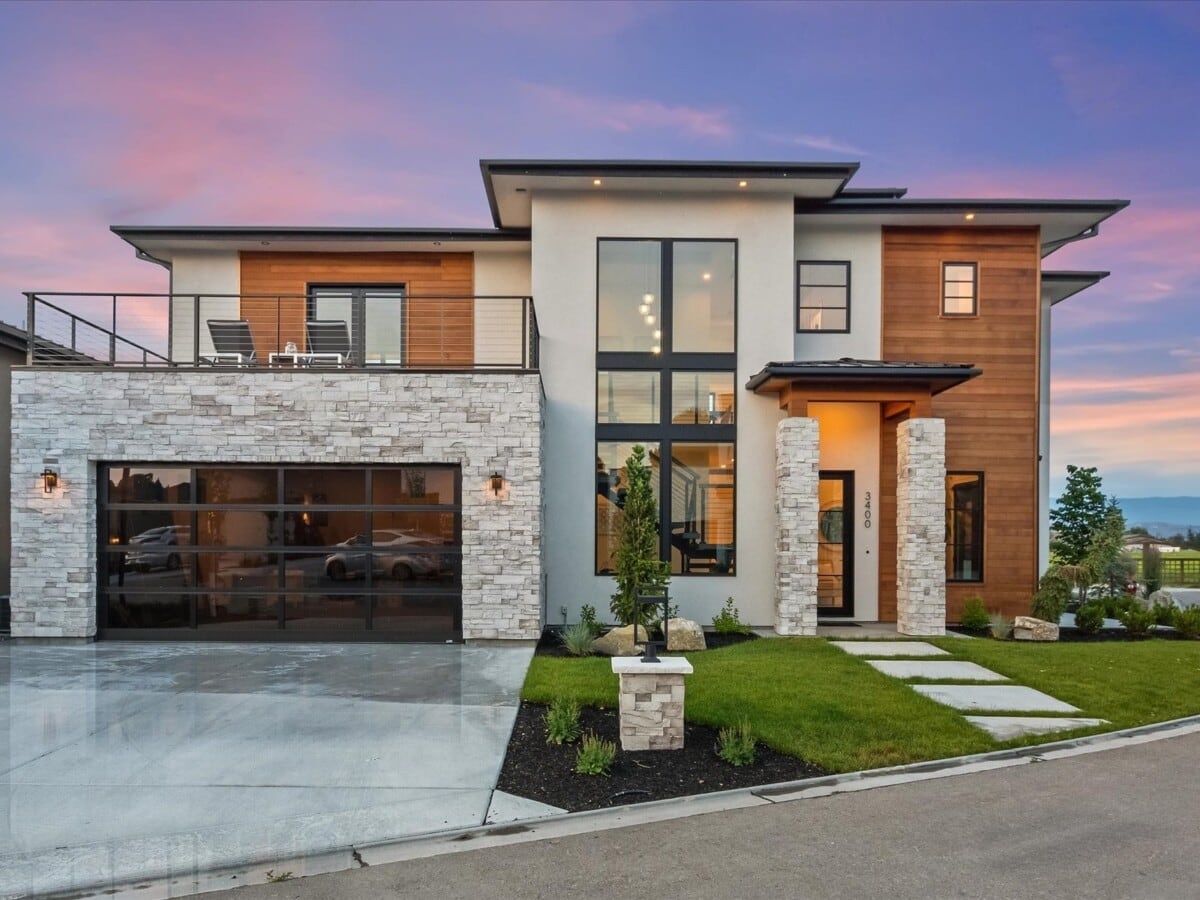
"Buying a home is rarely just about the purchase price. Behind the scenes, dozens of smaller numbers (think loan fees, taxes, insurance, and escrow deposits) add up to one of the most important figures in the transaction: your cash to close. It's the lump sum you'll need to bring to the closing table to finalize your home purchase. Many buyers assume it's the same as the down payment, but it's actually a much larger equation that captures every expense, credit, and adjustment in your transaction."
"Cash to close is the total amount of money you'll need to pay at to finalize your home purchase. It's your total out-of-pocket cost after factoring in every charge, credit, and adjustment tied to your loan and the property itself. It's not just your down payment. It also includes lender and title fees, prepaid expenses like property taxes and homeowners' , and any escrow deposits required to set up your mortgage account."
Cash to close is the total out-of-pocket amount a buyer must bring to finalize a home purchase, not just the down payment. The figure includes lender and title fees, prepaid expenses such as property taxes and homeowners' insurance, and any escrow deposits required to establish the mortgage account. Credits and prior payments like earnest money, inspection, or appraisal fees reduce the cash to close total. The exact number appears on the Closing Disclosure under "Calculating Cash to Close," which provides a line-by-line breakdown and compares the final amount to earlier estimates. Accurate planning prevents last-minute funding shortfalls.
Read at Redfin | Real Estate Tips for Home Buying, Selling & More
Unable to calculate read time
Collection
[
|
...
]